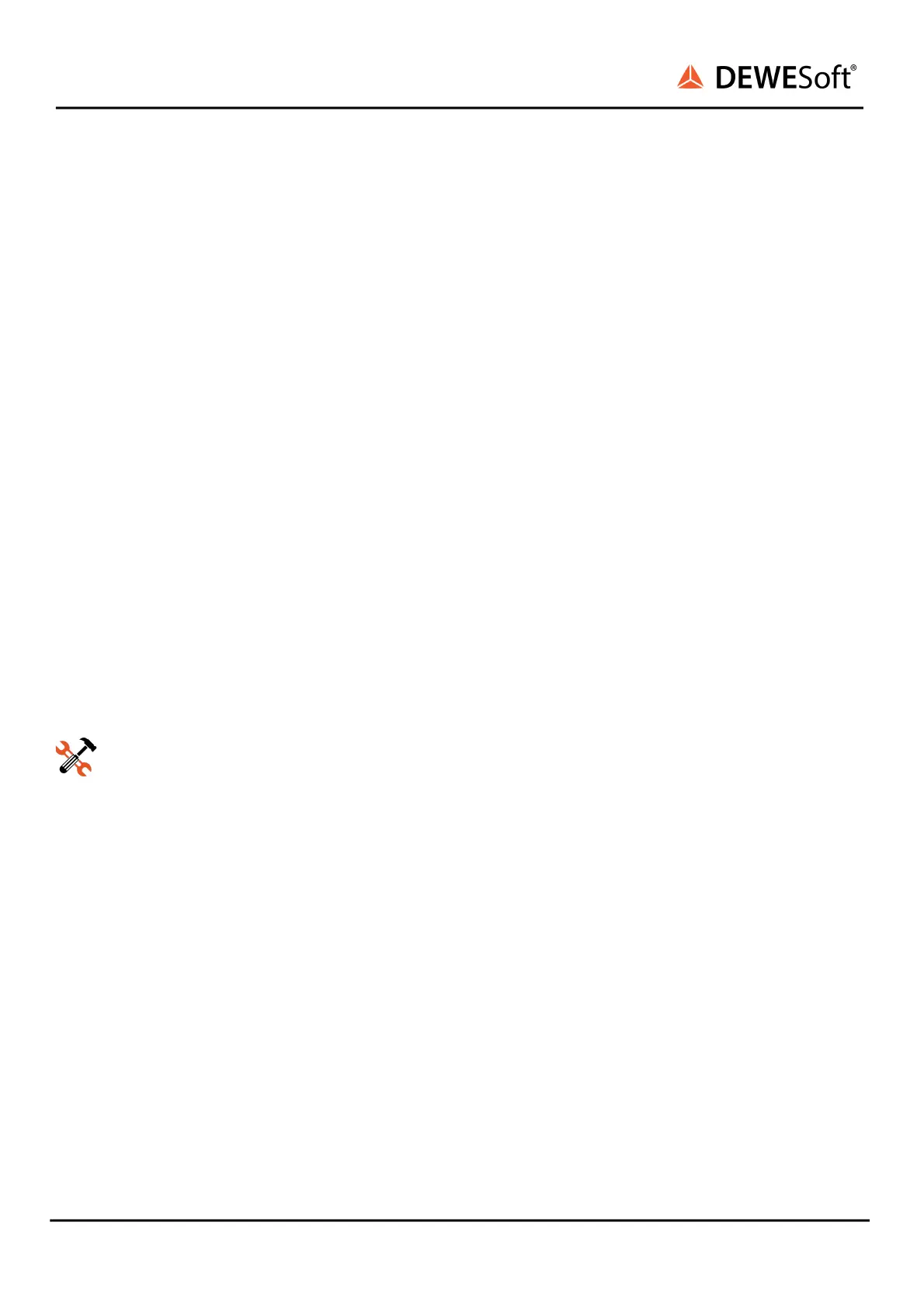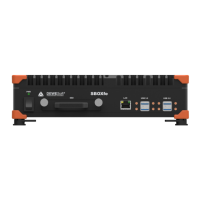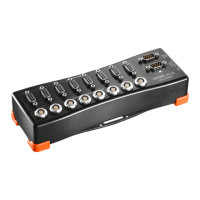SIRIUS
®
TECHNICAL REFERENCE MANUAL
FIR filter
A FIR (Finite Impulse Response) filter, is a filter whose impulse response (or response to any finite length
input) is of finite duration, because it settles to zero in a finite time.
An FIR filter has a number of useful properties which sometimes make it preferable to an infinite
impulse response (IIR) filter. FIR filters:
● require no feedback: i.e. any rounding errors are not compounded by summed iterations,
● are inherently stable: since the output is a sum of a finite number of finite multiples of the input
values,
● can easily be designed to be linear phase.
The main disadvantage of FIR filters is that considerably more computation power is required
compared to an IIR filter with similar sharpness or selectivity, especially when low frequency (relative to
the sample rate) cut-offs are needed.
However many DSPs (digital signal processors) provide specialized hardware features to make FIR filters
approximately as efficient as IIR for many applications.
6.1.3.5. Oversampling
Oversampling means that the sampling rate of the ADC is significantly higher than its output rate.
Oversampling improves resolution, reduces noise and helps avoid aliasing and phase distortion by
relaxing anti-aliasing filter performance requirements.
Example
When we want to measure a 1 kHz sine-wave signal, the Nyquist theorem dictates that we need
at least a sample rate of 2 kHz. When we now sample the signal with 4 kHz (instead of the
minimum required 2 kHz), we oversample by the factor of 2.
SIRIUS
®
V20-1 272 / 336


